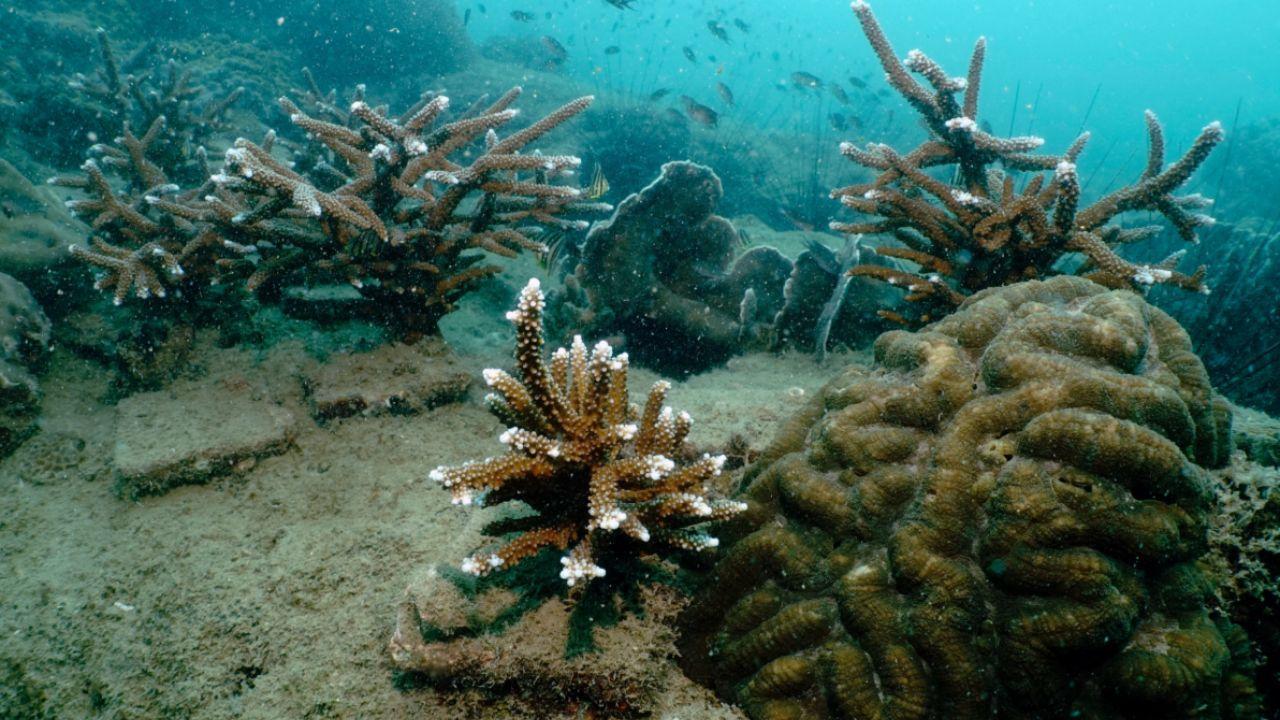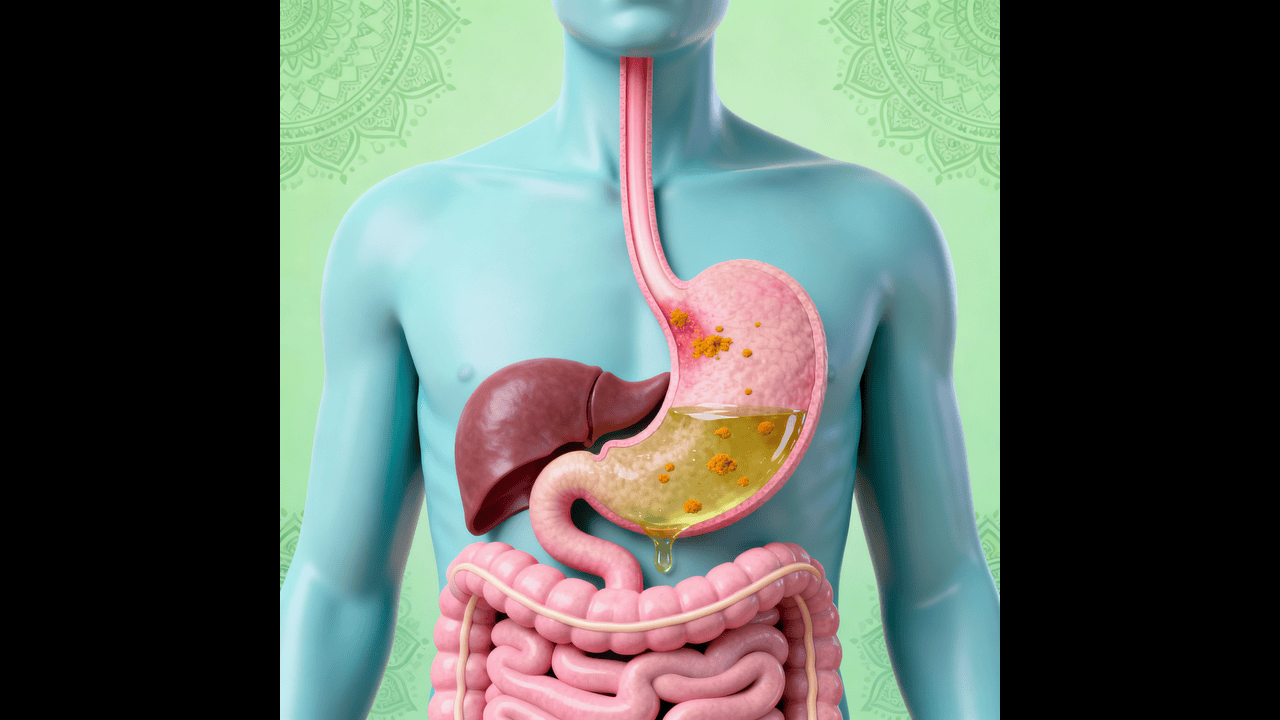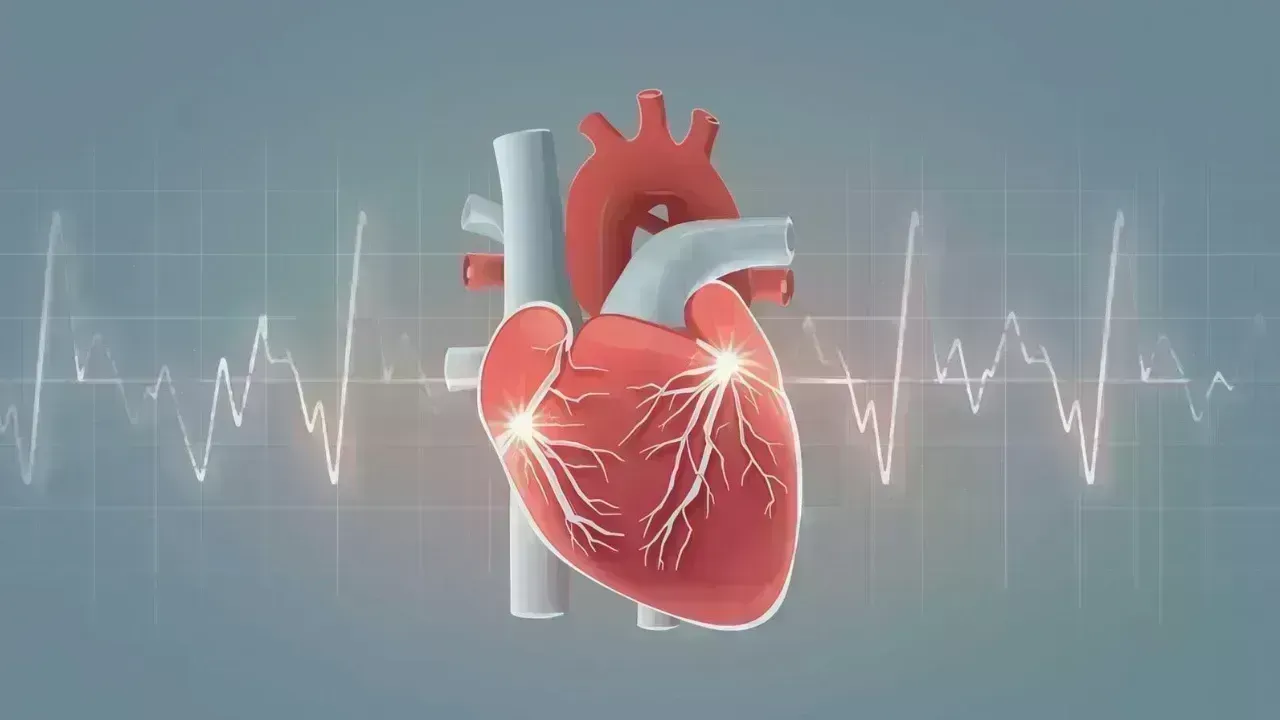
Post by : Priya
Photo:Reuters
In a world facing growing threats from climate change, ocean pollution, and rising sea temperatures, one of Earth’s most precious ecosystems—the coral reef—is on the verge of collapse. But now, a groundbreaking achievement by scientists at Harvard University could offer a lifeline. For the first time, researchers have successfully grown living coral tissue in a laboratory environment, an advancement that could transform the way we approach reef restoration and marine conservation.
This remarkable scientific breakthrough is more than just a milestone in marine biology. It represents a significant turning point in the global fight to preserve coral reefs, often referred to as the "rainforests of the sea" for the immense biodiversity they support.
A Crisis in the Coral Kingdom
Coral reefs cover less than 1% of the ocean floor but support around 25% of all marine life. From tiny fish and crustaceans to sea turtles and sharks, thousands of species rely on coral reefs for food, shelter, and breeding grounds. Additionally, coral reefs protect coastlines from storm surges and erosion, provide income through tourism and fishing, and play a key role in carbon and nitrogen cycling.
Yet these vibrant underwater ecosystems are vanishing at an alarming rate. According to the United Nations Environment Programme, more than half of the world’s coral reefs have already been severely damaged or lost due to human activity. Scientists predict that if current trends continue, up to 90% of all coral reefs could be lost by 2050.
The primary threats to coral reefs include:
Coral bleaching events, in particular, have devastated vast reef systems in recent decades. When sea temperatures rise even slightly, coral expels the algae (zooxanthellae) that live in its tissues and give it color. Without these algae, the coral loses its main source of food and becomes more vulnerable to disease and death.
The Harvard Breakthrough
In a major step toward reversing this ecological disaster, scientists at Harvard University have developed a method to grow living coral tissue outside of the ocean. The project, led by marine biologist Dr. Sarah Hamilton, marks the first time coral has been successfully cultivated in a laboratory setting under controlled conditions that mimic its natural environment.
The researchers started by collecting small samples from healthy corals found in the wild. Using specialized tanks that simulate ocean conditions—including temperature, salinity, light, and water flow—they were able to create an environment in which the coral could survive and grow.
But the key to their success was not simply copying ocean water. The team used a carefully engineered bio-gel, developed through years of cellular research, that allowed coral cells to attach, grow, and organize into living tissue. Over time, the coral tissue developed structures similar to natural coral colonies, and even began to show signs of responding to environmental stimuli, just like coral in the wild.
“This is not just a replica—it’s living coral,” Dr. Hamilton told reporters. “It has the same biological behavior as coral found in the ocean. It grows, reacts, and changes. That’s what makes this so promising.”
A New Tool for Coral Restoration
This laboratory-grown coral could revolutionize how restoration projects are conducted. Until now, most coral restoration relied on collecting fragments from healthy reefs and transplanting them onto damaged areas. While somewhat effective, this method has limitations—it puts stress on existing reefs, and survival rates in transplanted coral are often low due to ongoing ocean stressors.
Lab-grown coral, however, can be produced in larger numbers without harming existing reefs. Once strong enough, these coral can be carefully planted in dying reef zones, giving scientists and conservationists a new, scalable solution.
“We now have a way to produce coral in safe, clean conditions,” said Dr. Hamilton. “We can test how coral responds to different temperatures and pollutants before placing it in the ocean. This helps us prepare coral to be more resilient when we reintroduce it to reefs.”
Global Significance
The implications of Harvard’s success extend far beyond American waters. Coral reefs in Australia’s Great Barrier Reef, the Maldives, the Caribbean, and the Indian Ocean are among those most affected by bleaching and environmental damage. Many of these regions depend on reefs not only for ecological balance but also for their economies.
The Great Barrier Reef, for example, supports over 60,000 jobs and generates billions in tourism revenue each year. Similar stories can be found in coastal communities in Indonesia, the Philippines, and East Africa.
If lab-grown coral can be developed at scale and introduced into these regions, it could help rebuild reef systems, restore marine biodiversity, and protect coastal livelihoods.
Not Without Challenges
While the news is promising, experts caution that lab-grown coral is not a magic fix. The ocean itself remains under threat, and any replanting of coral will only succeed if global efforts are made to reduce carbon emissions, prevent pollution, and manage marine resources sustainably.
“Growing coral in a lab is a breakthrough,” said Dr. Maya Singh, an independent marine ecologist. “But unless we fix the causes of reef destruction—like climate change and pollution—we're just treating symptoms. Coral will continue to die unless the ocean becomes a safe home again.”
Additionally, researchers must monitor whether lab-grown coral can survive and thrive in the real ocean environment over the long term. Questions remain about genetic diversity, disease resistance, and adaptability.
The Harvard team is already planning partnerships with marine institutes in Australia, Seychelles, and Indonesia to begin small-scale field trials. These will test how the coral performs in different water conditions and how local marine life responds to its presence.










NBA Friday Recap: Powerhouse Wins for Miami, LA, Milwaukee, and Clippers
Miami, LA Lakers, Milwaukee, and Clippers triumphed in a thrilling NBA Friday, showcasing standout p

Doncic Shines with 49 Points in Lakers' 128-110 Victory over Timberwolves
Luka Doncic dazzles with 49 points as the Lakers secure a 128-110 win against the Timberwolves, show

Kings Triumph Over Jazz 105-104 with Last-Minute Sabonis Effort
The Sacramento Kings edged out the Utah Jazz 105-104, with Domantas Sabonis making the decisive shot

Argentina's Friendly Match Against India Delayed, New Date to be Announced
The friendly match between Argentina and India in Kochi has been postponed due to FIFA approval dela

Rohit and Kohli Conclude ODI Journeys in Australia with a Victory
Rohit Sharma and Virat Kohli bid adieu to Australian ODIs with a final win, forming a 168-run partne

George Russell's Wrestling Mask Antics at Mexican Grand Prix
George Russell donned a wrestling mask to enjoy the Mexican Grand Prix from the stands, providing a